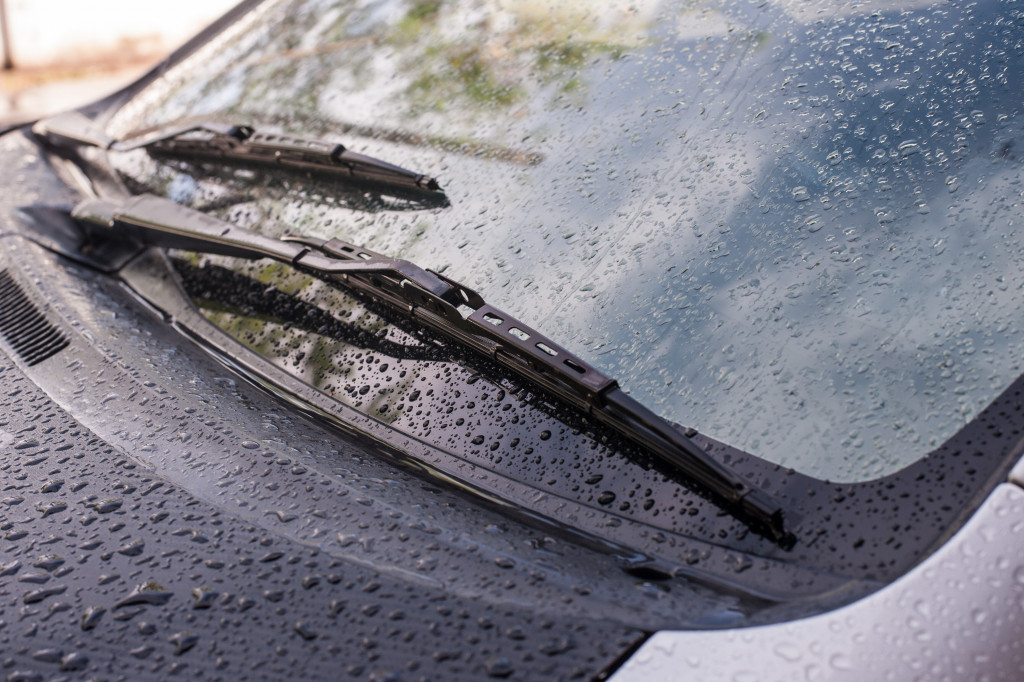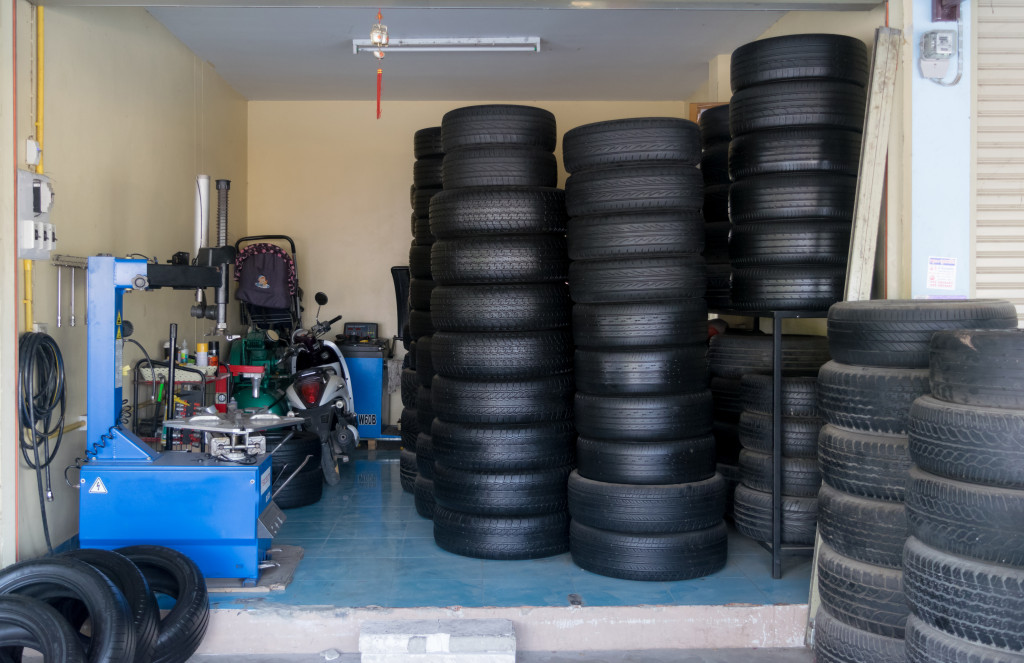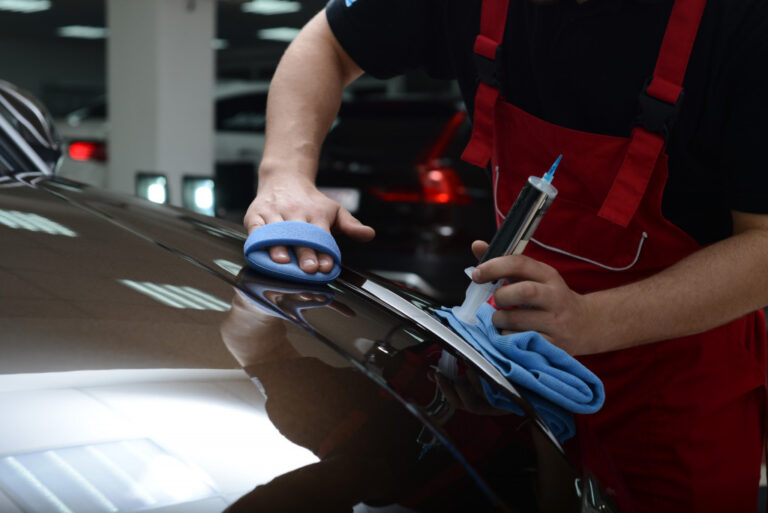- For business owners who depend on their vehicles to remain safe and functional, thorough vehicle maintenance is necessary.
- It is important to regularly check windows and windshields for damage and hire trustworthy auto glass repair services if any repairs are necessary.
- Create a maintenance process that covers inspecting the engine and fluids, checking tire pressure and tread wear, and rotating the tires.
- To avoid engine damage and decrease the likelihood of a breakdown, clean or replace the air filters.
Comprehensive vehicle maintenance is essential for business owners who rely on their vehicles to transport goods and services. It not only ensures that your vehicles are running at peak performance, but it also helps protect them from potential breakdowns or costly repairs in the future.
This guide will provide an overview of comprehensive vehicle maintenance, including what needs to be done regularly and tips on keeping your vehicles operating efficiently. With the right knowledge and tools, you can maintain a dependable fleet of vehicles with minimal effort and expense.
Check the Windows and Windshield for Repairs

Regarding comprehensive vehicle maintenance, business owners must pay attention to the condition of their windows and windshields. Checking for repairs on these parts is essential to ensure a safe and comfortable ride for the driver and passengers.
The windows and windshield provide visibility, protect against external elements, and keep the car’s interior from unwanted materials. Small chips or cracks on the glass can escalate, leading to larger problems that could compromise the vehicle’s structural integrity.
Therefore, it is crucial to identify and address these issues promptly. It is recommended to hire reliable auto glass repair services to handle any repairs or replacements that need to be done. Going through this step of proper vehicle maintenance can save business owners money and keep their employees safe while on the road.
Implement Maintenance Processes
Implementing maintenance processes is an important part of comprehensive vehicle maintenance. Here are some tips on how to do this:
Inspect the Engine and Fluids
For business owners, taking care of their vehicles is crucial to ensuring their business runs smoothly. One important part of comprehensive vehicle maintenance is regularly inspecting the engine and fluids. This involves checking the oil levels, coolant, transmission fluid, brake fluid, and other vital fluids that help keep the vehicle running.
Properly inspecting the engine and fluids can prevent costly repairs and replacements down the line and increase the vehicle’s lifespan. Inspecting the engine and fluids frequently to identify any potential problems and address them as soon as possible is important. By staying on top of this maintenance step, business owners can ensure their vehicles are reliable and their operations run smoothly.
Check Tire Pressure and Tread Wear
Checking tire pressure and tread wear is essential to maintaining a vehicle’s longevity and safety. Business owners should understand that a well-maintained vehicle is key to business success. Checking tire pressure involves using a gauge to ensure that tires are inflated to the recommended pressure level.
Proper tread wear is also important for safe driving, as worn tires can lead to poor traction and an increased risk of accidents. Regularly checking tire pressure and tread wear is crucial for vehicle safety and should be included in any comprehensive vehicle maintenance plan. It is highly recommended that all business owners prioritize this important step in vehicle maintenance.
Rotate Tires

It is essential to thoroughly understand vehicle maintenance tasks that can help save you money in the long run. One important step is to ensure your vehicle’s tires are rotated regularly. Tire rotation involves moving each tire from one position to another on your vehicle. Many drivers overlook this maintenance step, but ensuring even wear on all tires is critical.
Regular tire rotation can prolong the life of your tires and prevent costly replacements down the road. It’s important to prioritize preventative maintenance like tire rotation to ensure your vehicles run smoothly and efficiently, saving you time and money.
Clean or Replace Air Filters
Air filters are essential to a vehicle’s engine system and require proper maintenance to ensure optimal performance. Understanding the importance of regularly cleaning or replacing air filters is crucial. Air filters help prevent harmful debris, dirt, and dust from entering the engine and causing damage.
Neglecting to clean or replace air filters can result in decreased fuel efficiency, reduced engine performance, and even engine failure. Keeping air filters clean or replacing them as the manufacturer recommends is a simple yet effective way to extend the life of your vehicle’s engine and protect your investment. Adding this comprehensive maintenance step to your vehicle upkeep routine is recommended to ensure your business operates with the best-running vehicles possible.
Repair Any Leaks in the Exhaust System/Fuel Lines
When it comes to keeping a vehicle in proper working condition, a few regular maintenance tasks are essential to ensuring its longevity. One of these tasks is properly repairing any leaks in the exhaust system or fuel lines. This might not seem like the most exciting aspect of vehicle maintenance, but it is crucial for several reasons.
First and foremost, exhaust or fuel system leaks can lead to reduced performance and fuel efficiency, costing business owners more money over time. Additionally, exhaust leaks can release harmful fumes into the environment, contributing to air pollution. Identifying and repairing these leaks is an important part of being a responsible vehicle owner and ensuring your business keeps moving smoothly.
These are just a few tasks business owners should include in their comprehensive vehicle maintenance routine. By performing regular vehicle maintenance, you can guarantee that your vehicles will remain dependable, secure, and efficient for an extended period.




